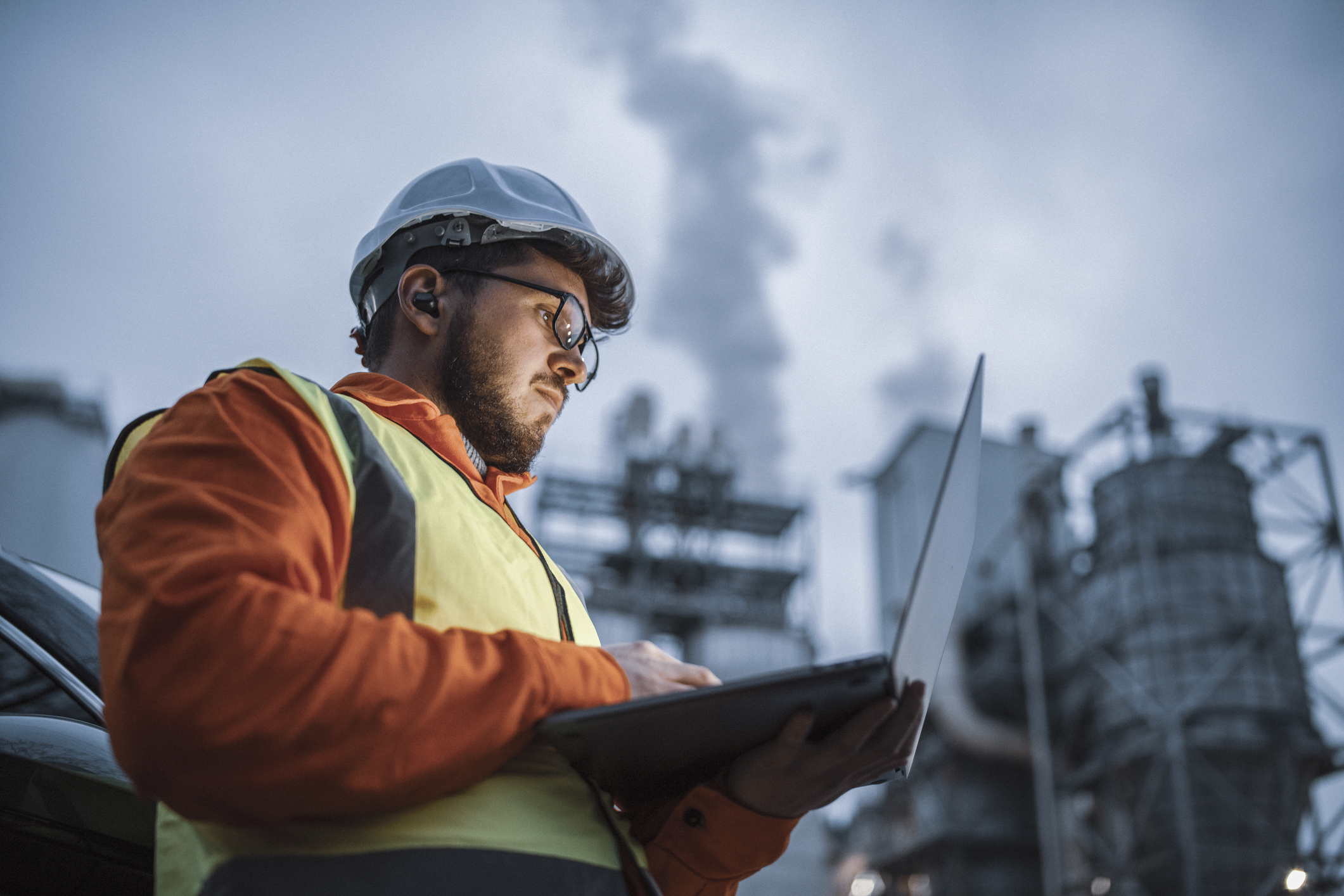Australia’s longstanding nuclear power ban, established in 1998, is under scrutiny. Coalition senators are making a strong case for its overturn, warning of impending higher power prices for households and businesses if nuclear energy isn’t adopted.
Queensland senator Matt Canavan recently faced opposition from a Labor-majority Senate committee while pushing to abolish the ban. Still, Coalition senators remain insistent. They state that the primary goal isn’t immediate construction but rather allowing regulators to evaluate nuclear proposals.
Interestingly, the opposition suggests integrating small modular nuclear reactors near retired coal power stations, ensuring a seamless grid connection. However, Prime Minister Anthony Albanese and Energy Minister Chris Bowen have dismissed this, countering the Coalition’s nuclear agenda.
The Senate Environment Committee, influenced by Labor and the Greens, sides with the Prime Minister. Their arguments are threefold:
- Nuclear power’s high costs compared to readily available renewable resources.
- The untested nature of next-gen SMR technology.
- The long timeline of nuclear adoption, which will likely miss the 2030 goal of 82% renewables.
Public sentiment is another hurdle. The committee suggests that Australians largely oppose nuclear plants and their associated waste in their localities.
However, Coalition senators spotlight Australia’s recent commitment to nuclear submarines through the AUKUS partnership, questioning the perceived inconsistency: If nuclear reactors are marine-safe, why not on land?
To officially challenge the ban, changes would be required in two significant acts from 1998 and 1999. As the debate rages on, Australia’s energy future hangs in the balance, highlighting the complex intersections of policy, technology, and public sentiment.
